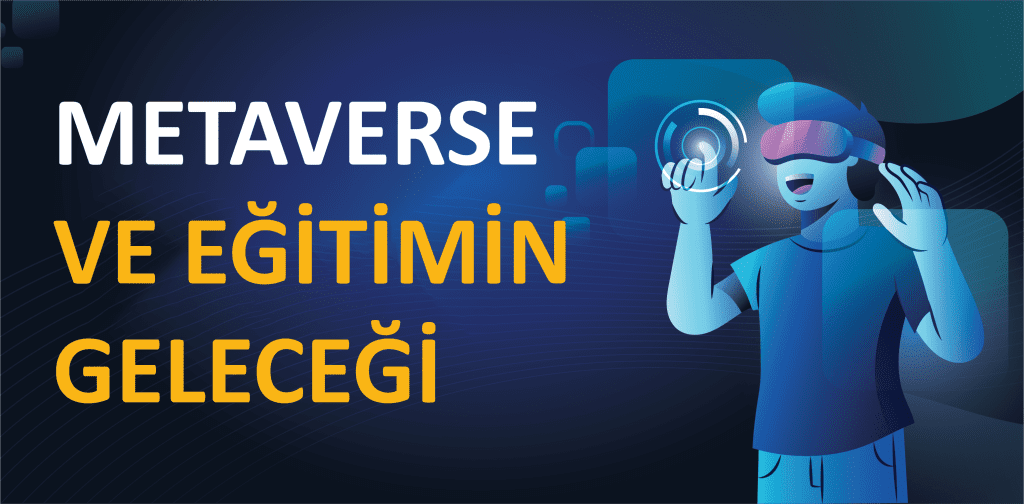In our age where technology is rapidly advancing, education systems are also affected by this change. The Metaverse, which we have been hearing about lately, has the potential to radically change not only the entertainment and social interaction areas, but also education. With the COVID-19 pandemic, education systems around the world have entered a difficult transformation process. Distance education, online platforms and virtual classrooms have become some of the most obvious faces of this transformation. However, the possibilities that the Metaverse can offer promise a revolution far beyond current systems.
The Metaverse refers to a vast digital universe where users can interact in 3D virtual worlds, where the real and virtual worlds coexist. From an educational perspective, the Metaverse offers students, teachers and educational institutions an unlimited resource and interaction area. A future where education is not limited to physical spaces and can go beyond the limitations of time and space is possible.
The Potential of the Metaverse in Education
The Metaverse has the potential to make education more interactive, engaging and accessible. Virtual laboratories, virtual trips to prehistoric times or distant planets, and three-dimensional modeling of complex mathematical problems are all possible thanks to the Metaverse. Students can walk the streets of ancient Rome in a history class, take a journey inside the human body in a biology class, or experience how bridges and buildings are built in an engineering class.
The Metaverse offers students active roles in their learning. They can create and personalize their own avatars, and interact with teachers and other students in virtual worlds. These interactions can help students develop social and emotional skills.
Challenges Facing the Metaverse in Education
Although the Metaverse opens exciting new doors for education, there are a number of challenges to overcome. Some of these challenges include technological infrastructure and hardware requirements, data security and privacy, ethical issues, and digital addiction. In addition, educators and students will need to acquire the skills and knowledge necessary to adapt to this new environment.
Looking to the Future
The Metaverse offers great potential for the future of education; However, in order to realize this potential, intensive collaboration is required between technology developers, educators, and policymakers. While the Metaverse offers significant advantages such as personalization, accessibility, and interaction in education, overcoming the challenges that may be encountered in this new universe will be possible with the joint efforts of all stakeholders.
The revolution that the Metaverse will bring in education is not just a technological innovation; it also represents a transformation that will reshape our learning and teaching practices, the structures of our education systems, and even our social values. In this new era, the Metaverse is not just a tool, but also a vision that will shape the future of education.



